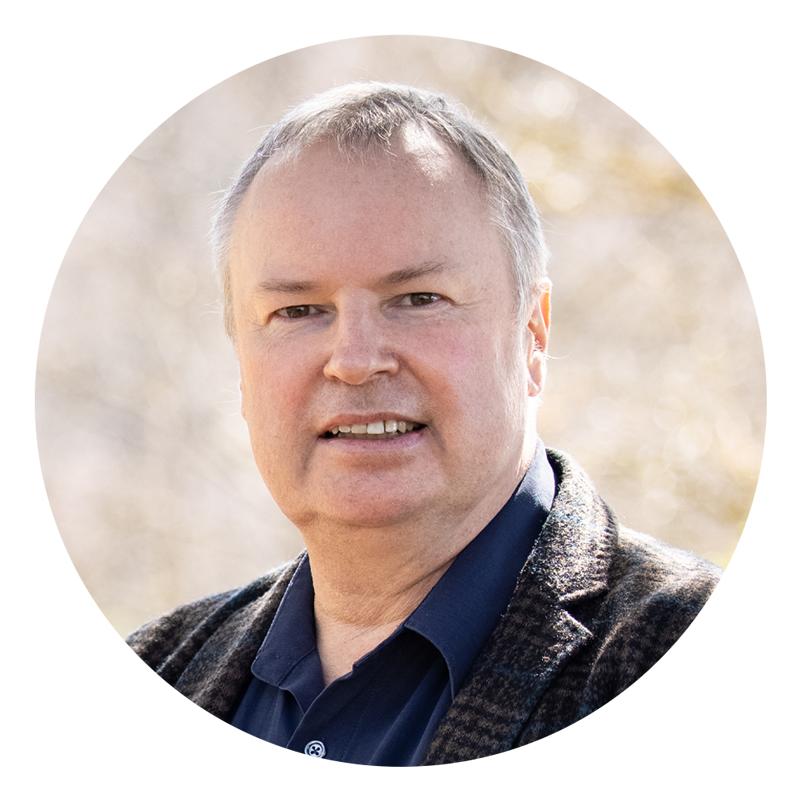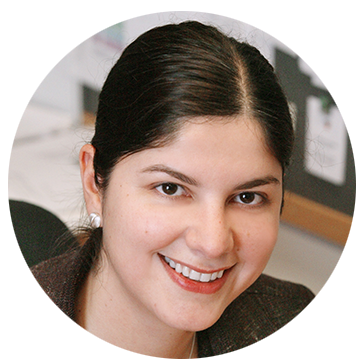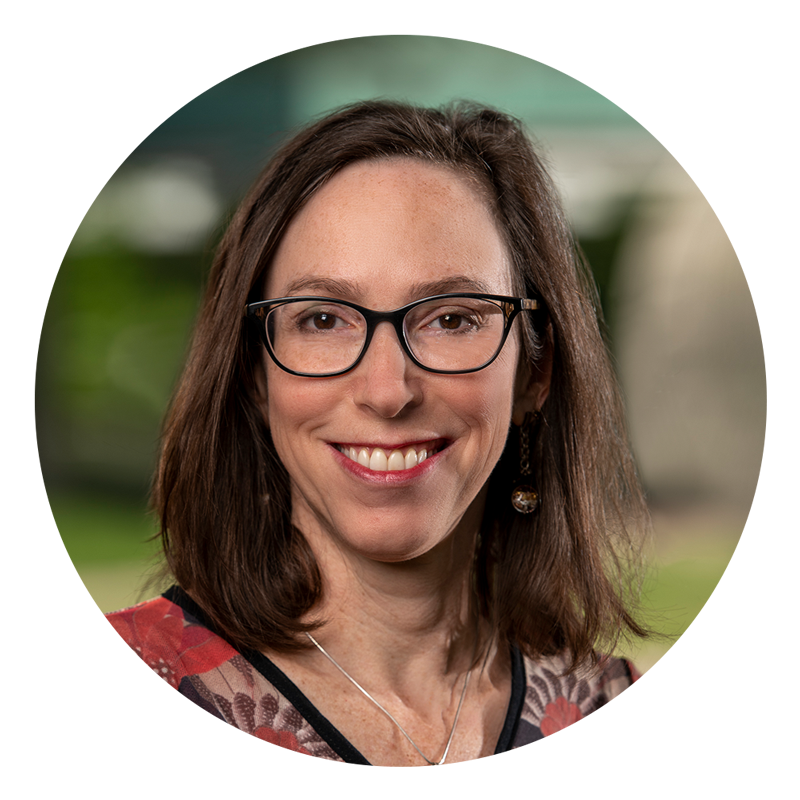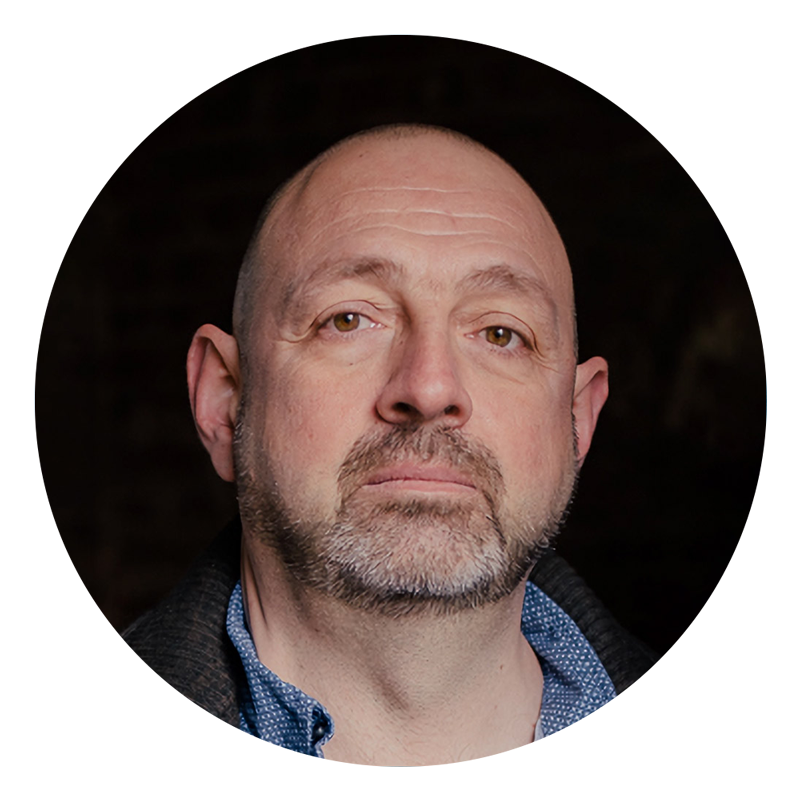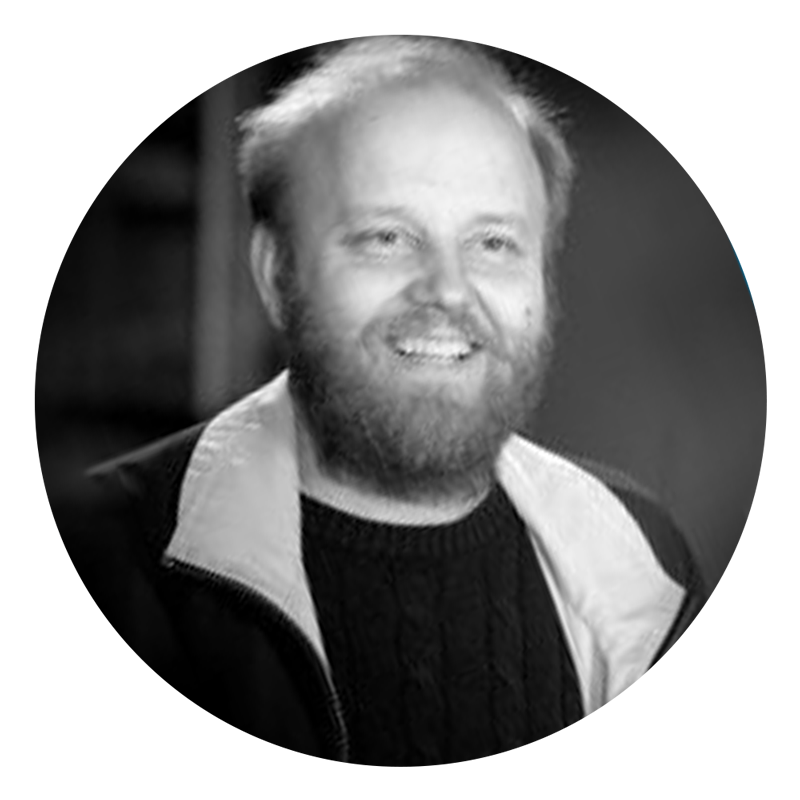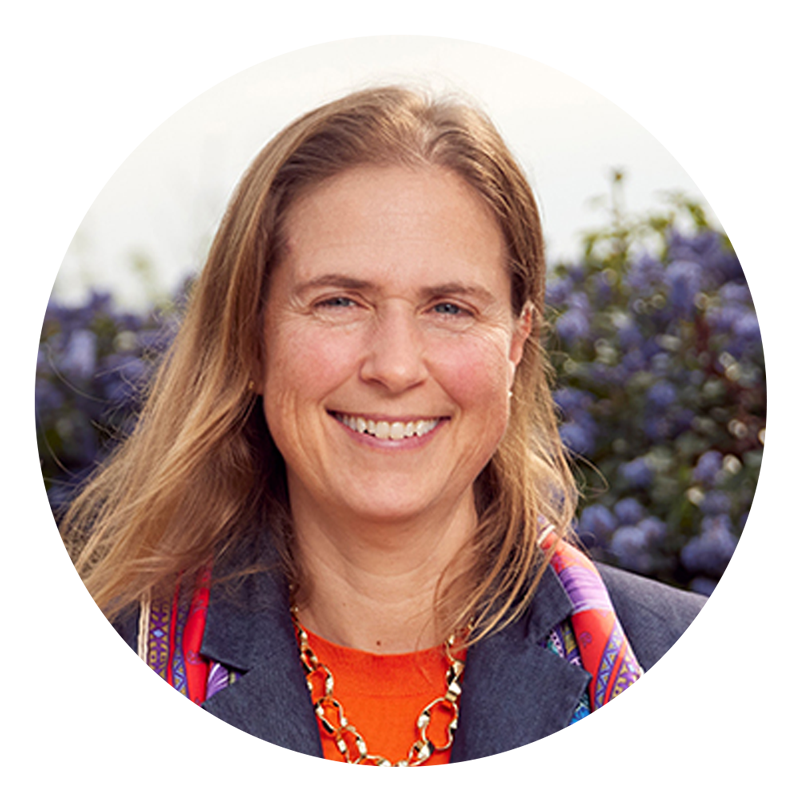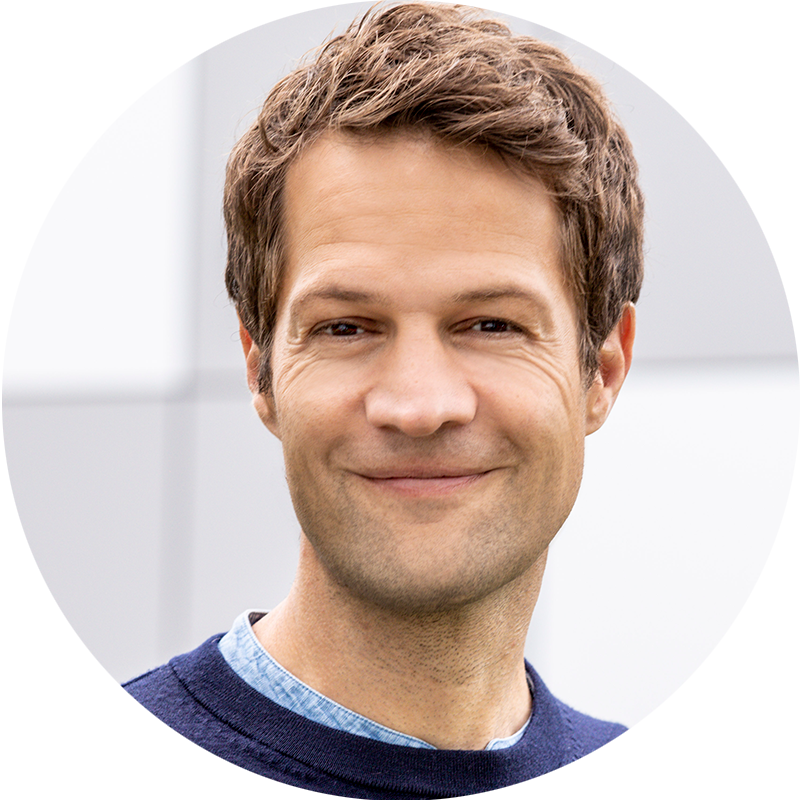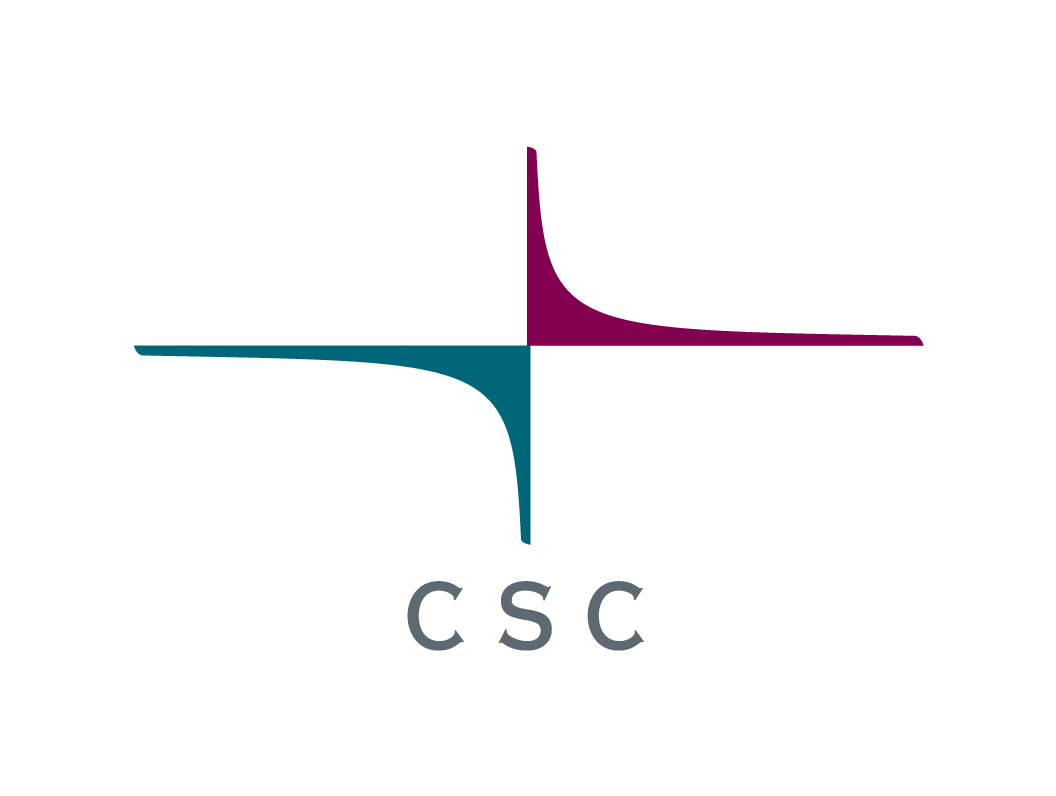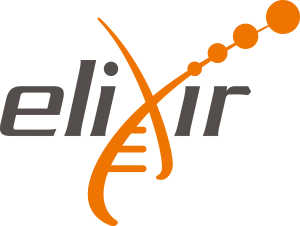Peer directs the Heidelberg site (>1000 employees) of EMBL (European Molecular Biology Laboratory) and works in the areas of computational biology and microbiomics. He holds a number of honorary doctorates and professorships and received several important awards.
He has published about 700 research articles, among them more than 80 in Nature, Science or Cell, and is among the most cited researchers in the world (>340.000 citations, H-factor of 236). Peer co-founded five successful biotech companies and is proud that more than 60 of his former associates hold group leader positions in prominent institutions all over the world.


